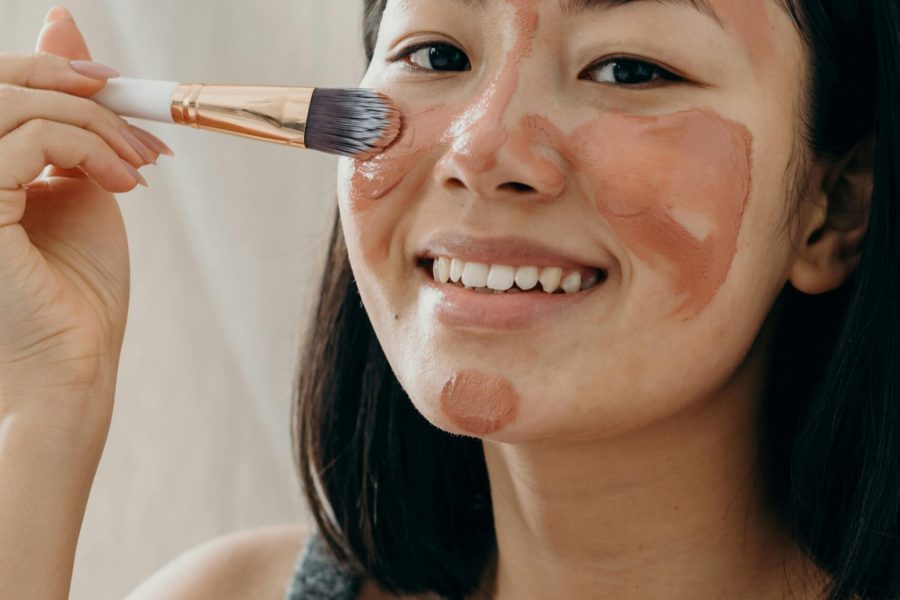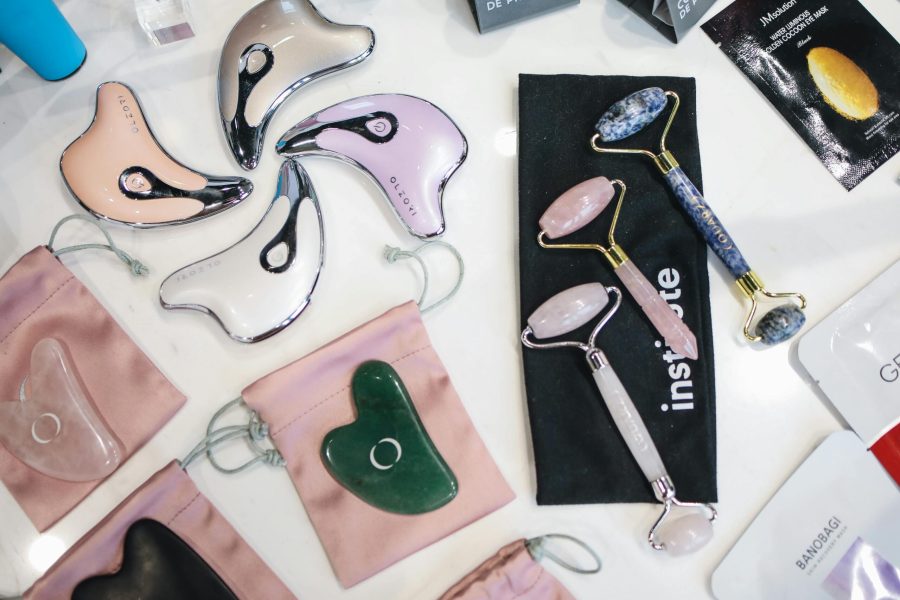Fragrance in cosmetics refers to any mixture of aromatic ingredients added to a product to give it a pleasant smell. It can be natural (from essential oils) or synthetic (lab-made compounds). Fragrance is often listed simply as “fragrance,” “parfum,” or “aroma” on ingredient labels, which can obscure the exact chemicals used.
Why Fragrance Can Be Bad (for Some People)
Skin Irritation & Allergies
Fragrance is one of the top causes of contact dermatitis (redness, itching, or rashes). This is especially common for people with sensitive skin, eczema, or rosacea.
Even natural fragrances (like citrus or lavender oils) can be irritating.
Hidden Ingredients
The term “fragrance” can represent a mixture of dozens to hundreds of chemicals, and companies are not required to disclose them due to trade secret protections.
This lack of transparency makes it hard to know exactly what you’re being exposed to.
Respiratory Reactions
Inhaling fragranced products (like sprays or powders) can trigger asthma or sinus irritation in sensitive individuals.
Hormone Disruption (Potential)
Some synthetic fragrance compounds (like phthalates, often used to make scent last longer) are suspected endocrine disruptors, though this is still being studied.
When Fragrance Might Be Okay
If you don’t have sensitive skin or allergies, small amounts of well-formulated fragrance in rinse-off products (like cleansers) are usually not harmful.
Many people enjoy the sensorial experience of fragrance, which can enhance product enjoyment and relaxation.
Fragrance-Free vs. Unscented
Fragrance-Free: No fragrance ingredients were added at all.
Unscented: May contain masking agents to neutralize odors, which can still include irritants.
Bottom Line
Avoiding fragrance is generally a good idea if:
You have sensitive or reactive skin.
You’re using leave-on products (like serums or moisturizers).
You prefer ingredient transparency.
Top Reasons to Choose Fragrance-Free Products:
1. Reduce Risk of Skin Irritation
Fragrances—natural or synthetic—are one of the most common causes of:
Contact dermatitis (redness, burning, itching)
Flare-ups in conditions like eczema, rosacea, or acne
Even if you don’t react immediately, repeated exposure can lead to sensitization over time.
2. Avoid Hidden Chemicals
The word “fragrance” or “parfum” on a label can hide dozens to hundreds of unlisted chemicals. Many of these are not safety-tested thoroughly for long-term skin exposure.
3. Better for Sensitive Areas
Fragrance can be especially irritating on:
The face
Around the eyes
The neck or underarms
Broken or compromised skin
4. Less Risk of Respiratory or Hormonal Effects
Inhaled fragrances (from mists, sprays, etc.) can trigger asthma or migraines in sensitive individuals.
Some synthetic fragrance components (like phthalates) are linked to endocrine disruption in animal studies.
5. Consistency in Results
Fragrance-free products tend to be simpler and gentler, often designed for people with specific skin concerns. That means:
Fewer variables = fewer breakouts or mystery reactions.
Better for long-term skin barrier health.
Important Tip
Don’t be fooled by “unscented”—these products may still contain masking fragrances to cover up a chemical smell. Always look for the term “fragrance-free.”








